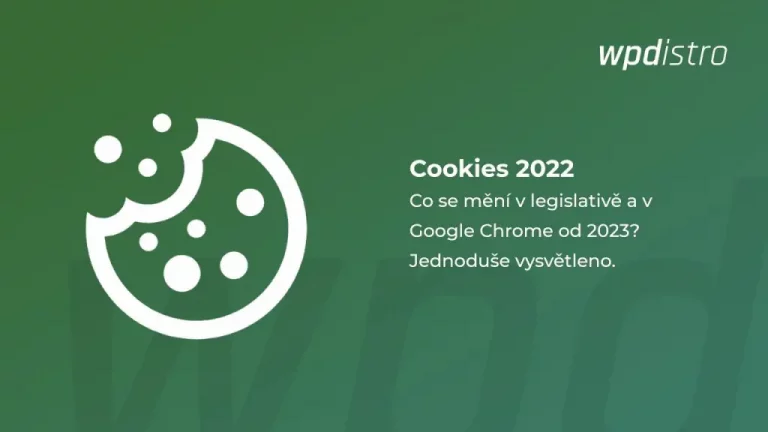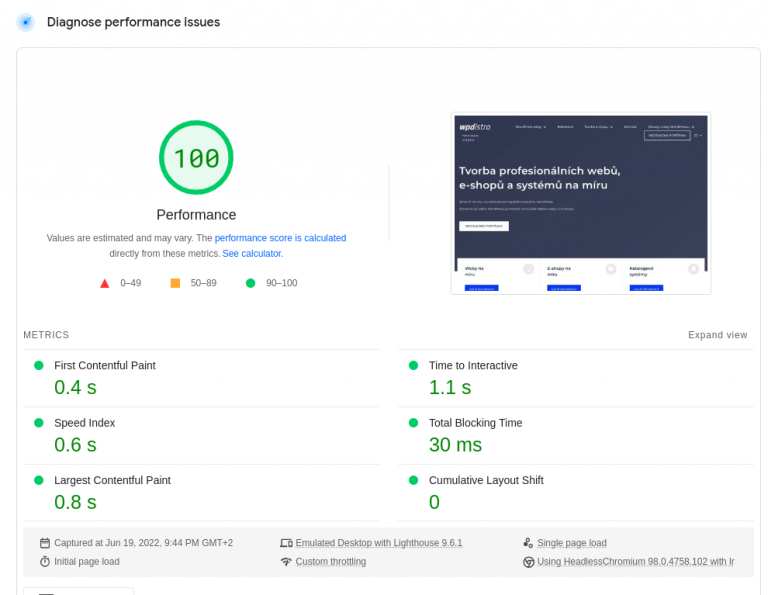A cookie is a file on your computer that you receive from a website you visit. When you come to your favorite site you will probably get several cookies. Website owners embed third-party tracking programs using the codes required by these services.
Simply put, when you visit one site, your browser visits several other Web sites in the background. And all these web servers are either trying to stuff that cookie, or he already has their cookie from these servers.
Imagine a cookie simply as a barcode that you have stuck on your forehead from every store you have visited. However, these stores have so-called third-party cameras such as Google Facebook, Seznam and others, which will also stick their own barcode on your face when you first see your face. And when you enter another store, where these cameras have the same entity installed as in the previous store, let’s call it Facebook, for example, for better orientation, he already knows exactly where you were last time.
In the virtual world, Facebook uses these cookies, or barcodes for identification stored in your browser, for precise ad targeting or remarketing, as well as for other ad targeting across its customers.
Such a level of monitoring has already begun to bother everyone. That is why the rules according to which website owners can allow third parties to receive cookies in their browsers have changed since the new year. Must have an approved consent for tracking a person using cookies. And because all tracking services automatically give cookies, the embedded tracking codes must be turned off when visiting the person’s tracking consent from the site you just visited. And who really wants to be watched, right?
But Google goes even further, following the example of Safari and Firefox. It will automatically block third-party cookies from 2023, when the original plan was 2022, so time may change at any time. Google itself does not know and is looking for a solution given the services offered by Google Analytics, which will hurt the most. In other words, the effect of unclicked or rejected “cookie bars” is only amplified.
However, new rules from 2022 still apply that any insertion of any file into the browser must be explicitly approved by the user in such a way that the user must not be explicitly encouraged to approve using, for example, a red button, a visit to the website must not be conditional on the approval of third party tracking consent and subsequent marketing actions, and the consent must be turned off. to the user’s express consent.
There are tools that do not use any cookies to track user actions on the website. In other words, they do not violate the given rules and at the same time the most relevant data are based on them. More accurate than Google Analytics, because these can be blocked using adblocks and other tools directly in the browser of the user who does not wish to be tracked.
Unfortunately for marketers, the above rules will have a big impact on remarketing, retargeting, analytics, and measurement accuracy. If you want to know more, we are willing to discuss this topic. An initiative is already being set up in the US to repeal this regulation, as US marketers estimate that up to 80% of the money invested in online marketing will come to naught.



